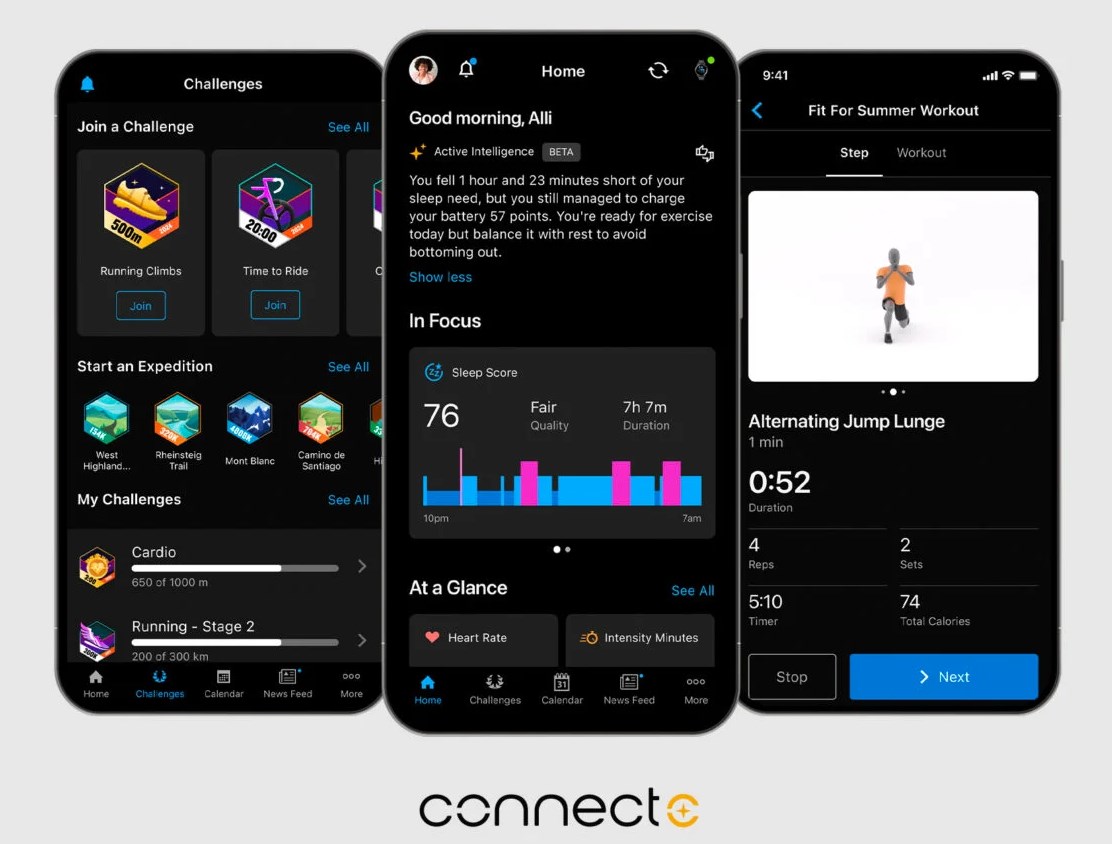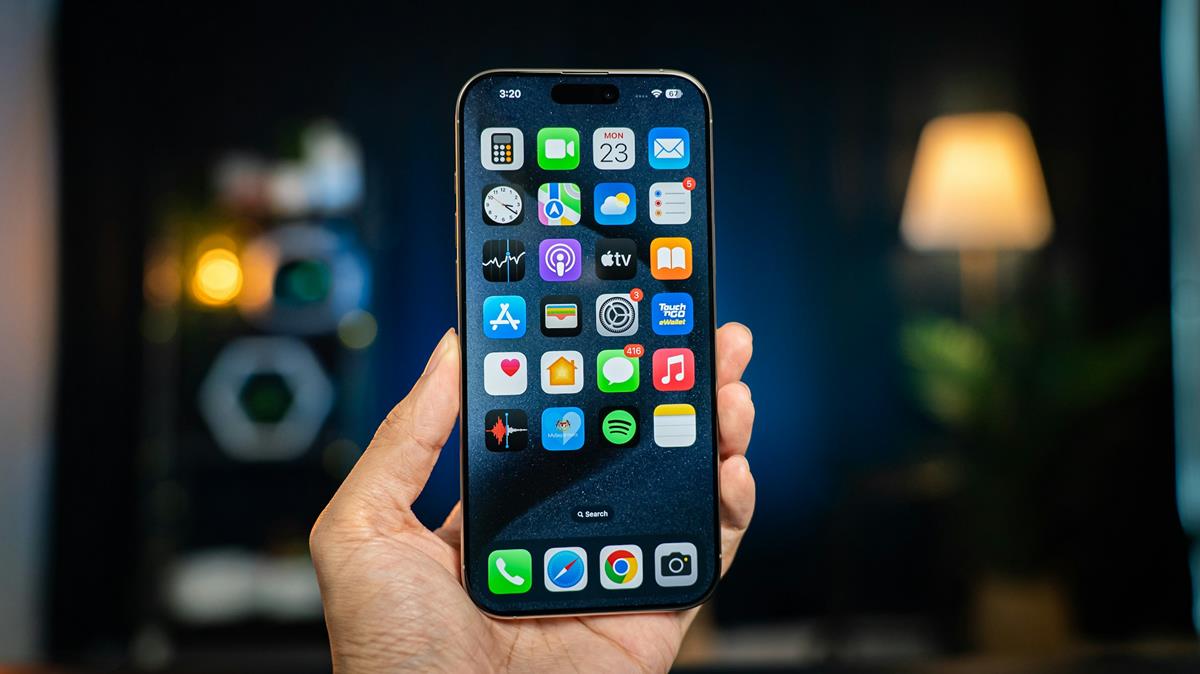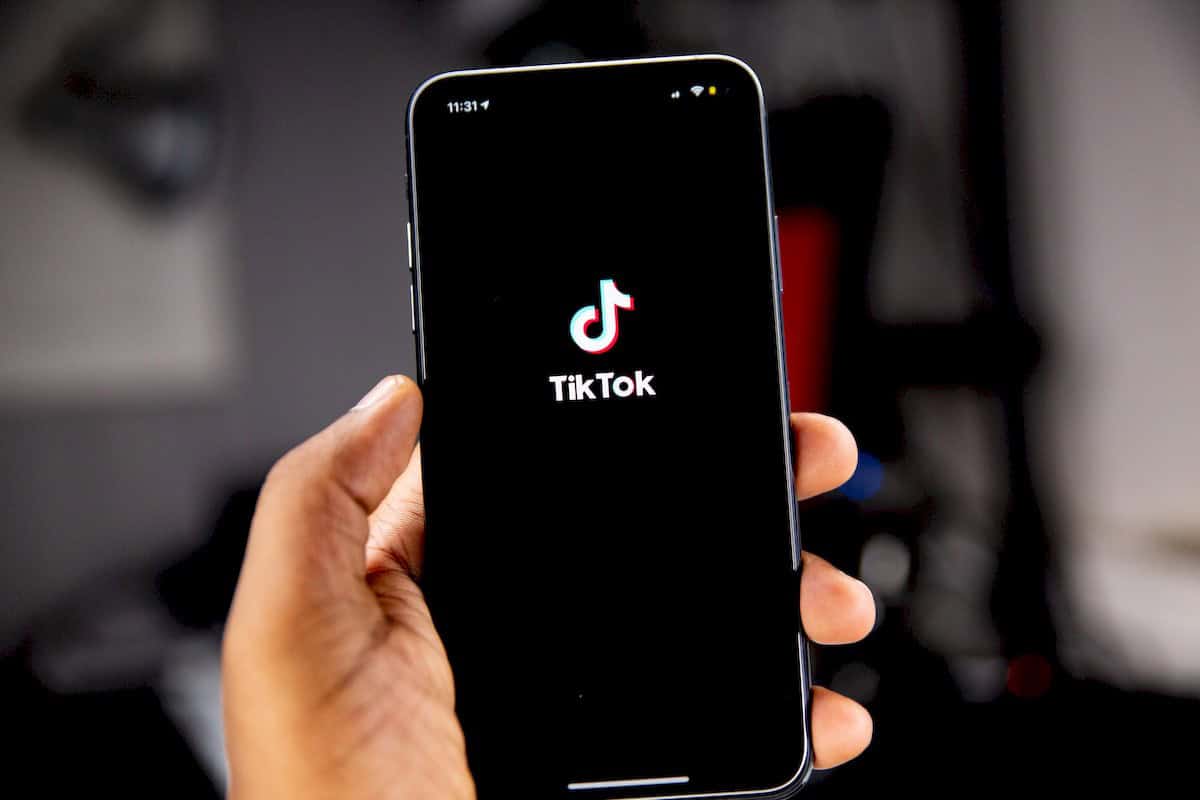Lookout Plans to Take Android Security to the Next Level

Mobile security has become a necessary evil in today's world, with malware and hacks for both Android and iPhone devices finding their way into our mobile lives, most recently with a high-profile, but low impact, dialer exploit for the popular Samsung Galaxy S3 phones. Â Samsung has patched the vulnerability, which allowed malware to access the phone's dialer and perform a remote data wipe. Â Those using mobile security service Lookout were protected from the problem. Â Apparently Lookout has more goodies in store next week, as they hinted at in a recent email teaser.
Lookout, if you aren't familiar with it, provides a lot of security features for the Android platform. Â Not only does it serve as an anti-virus program blocking malware, spyware and trojans, but it also scans each app you download, allows you to schedule virus scans, monitors your file system, including SD cards, provides a "find my phone" service and even backs up your contacts.
An email sent out by the company to it's users teased something big coming to the service next week.  The announcement was extremely vague, stating only a brief hint - "Only 7 more days.  GET FIRED UP!  We’re taking mobile security to the next level. Stay tuned!"
The app already covers a large portion of what any user would want in security for their mobile device, so it's hard to imagine where they may be going with this. Â There are a couple of directions that come to mind such as blocking potentially malicious web sites in your mobile browser or scanning shortened URL's received in email and text messages. Â I'm not sure if either of those warrent being called "a whole new level" though.
The email, which went out yesterday, states "7 more days", so apparently we will be finding out what all of this is about next Wednesday. Â In the meantime, no more hints seem to be coming so it's all pure speculation.
Advertisement




















Lookout is regularly uses FUD in their marketing.
In fact they’ve started from it. Remember they accused inocent chineese wallpaper app of stealing your private information?
It was them who didn’t understand how android device identification works.
Why whould anybody would use a product like that?
Be aware that Lookout Mobile Security has administrator privileges to the Android
system, and takes total control of your device. It can log behind users back to
their bank accounts performing transactions like money transfers…..
The bank that I work with and that gives employees iPhones and Android phones,
has blocked the use of Lookout due to these security reasons…
So how is Lookout? I have been using McAfee’s WaveSecure. Mostly because I know McAfee, and I’m not sure what kind of privacy policy Lookout actually follows. Anyone had experience? and tested it?
“dialer exploit for the popular Samsung Galaxy S3 phones”…
Correction, all Android smartphones , not just Samsung Galaxy S3 are still vulnerable
to this hack which will never be fixed by manufacturers or carriers.
…
Yesterday we reported about a flaw in Samsung’s
Touchwiz UI that allowed for data wiping, among
other nasties. The good news is that the flaw has
already been patched. The bad news is that self-
described general geek Dylan Reeve says it’s not
just limited to Samsung devices.
Reeve explains how the remote Unstructured
Supplementary Service Data (USSD) vulnerability
affects many phones, and he has personally verified
it on an HTC One X (running HTC Sense 4.0 on
Android 4.0.3) and a Motorola Defy (running
Cyanogen Mod 7 on Android 2.3.5). Reports suggest
the Sony Xperia Active and the Sony Xperia Arc S
are also affected, our very own Nick Summers
confirms his HTC Desire running Android 2.2 is
vulnerable, and the list likely doesn’t stop
there…
http://thenextweb.com/google/2012/09/26/heres-check-android-device-vulnerable-remotely-wiped-hackers/
p.s and don’t forget the PlaceRaider :
PlaceRaider exploits innate weaknesses in Android
to use the phone’s camera to surreptitiously take
photographs, and send that data off to a command
and control server where an attacker could build a
3D model of the victim’s environment.
“Remote burglars can thus download the physical
space, study the environment carefully and steal
virtual objects from the environment such as as
financial documents, information on computer
monitors and personally identifiable information,†…
http://arxiv.org/pdf/1209.5982v1.pdf